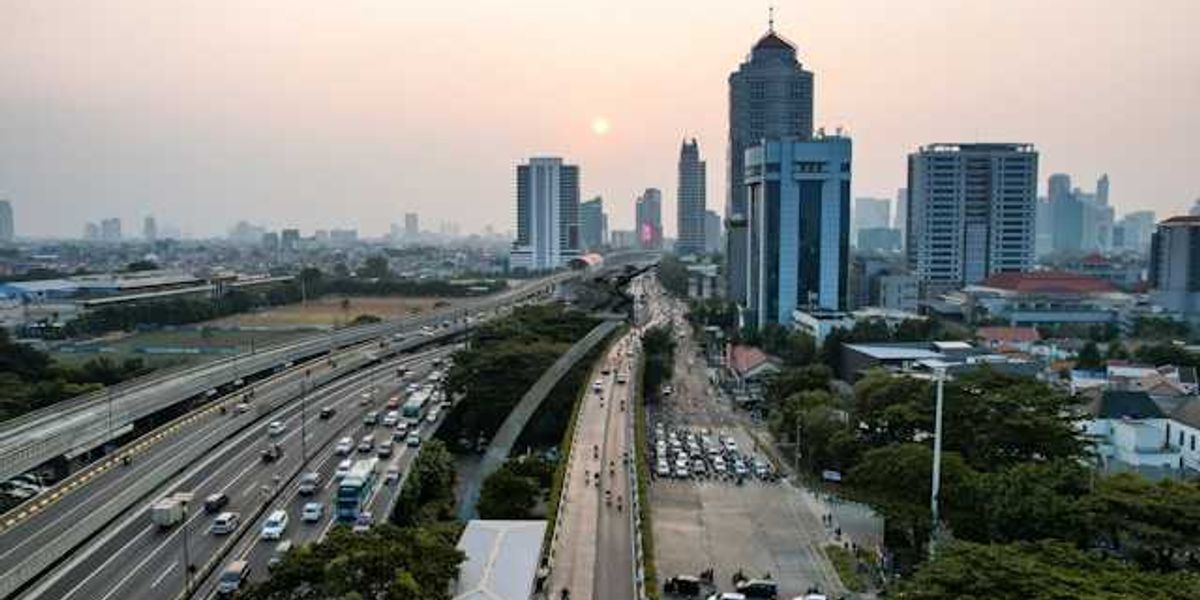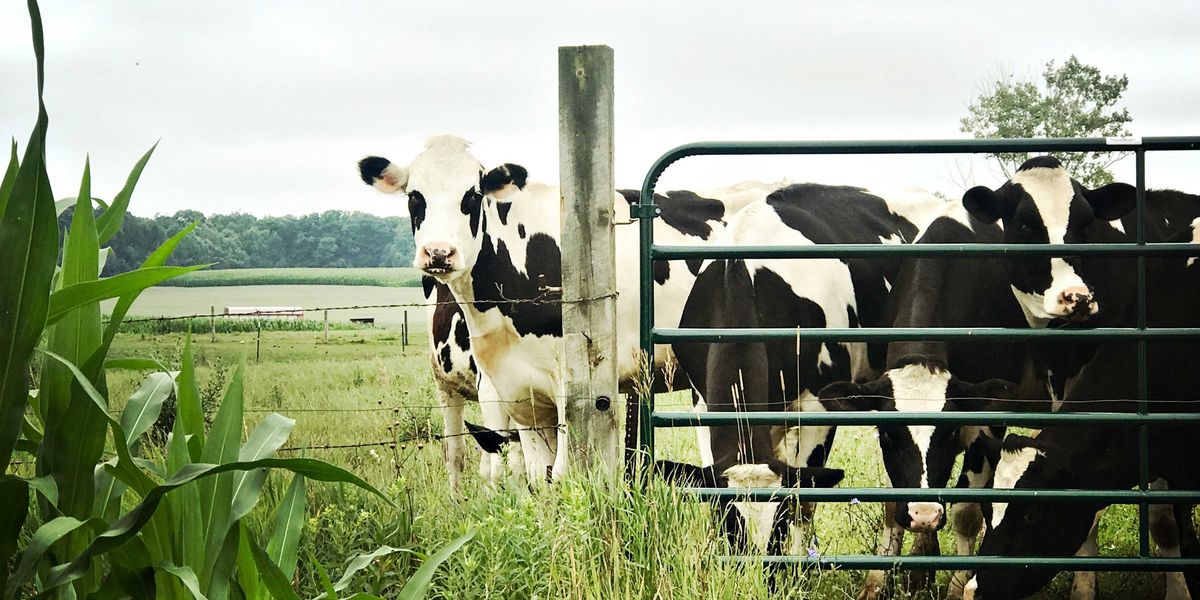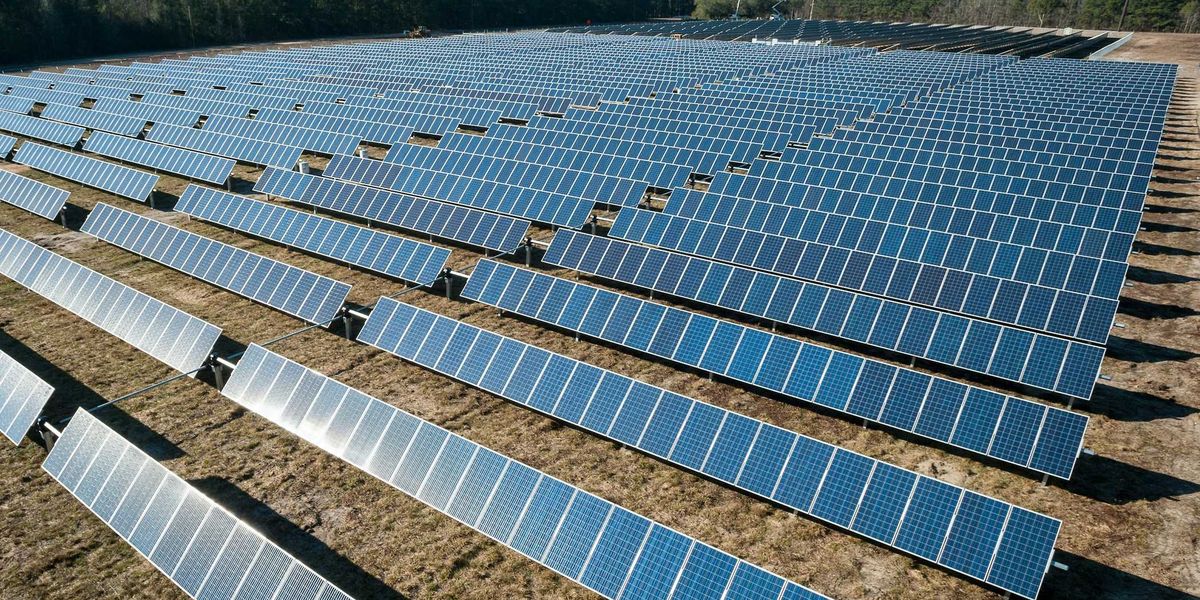Brazil senate clears sweeping bill slashing environmental protections for industry projects
Brazil’s senate has passed a controversial bill weakening the country’s environmental regulations, opening the door for faster industrial development with limited oversight.
Constance Malleret reports for The Guardian.
In short:
- The Senate approved a bill that would dismantle Brazil’s environmental licensing system, allowing industries like mining, farming, and energy to bypass in-depth impact assessments and permitting processes.
- Environmental groups warn the bill threatens more than 3,000 protected areas and 18 million hectares of forest, including Indigenous and Afro-Brazilian communities’ lands.
- The legislation advances just months before Brazil hosts the COP30 climate summit in the Amazon, raising questions about the government’s environmental credibility.
Key quote:
“Most licensing procedures will become a push of a button without an environmental study or environmental impact assessment.”
— Suely Araújo, public policy coordinator at the Climate Observatory
Why this matters:
Brazil holds some of the world’s most vital ecological resources — most notably the Amazon rainforest, which acts as a global carbon sink and biodiversity haven. Fast-tracking projects without meaningful environmental assessments can lead to unchecked deforestation, water contamination, and community displacement, especially among already vulnerable Indigenous and rural populations. This rollback comes at a time when global scientists warn that maintaining intact ecosystems is key to limiting climate change’s worst effects. Allowing vast tracts of land to be exploited with minimal regulation could accelerate environmental degradation and spark local conflicts over land use and pollution. The timing also threatens Brazil’s standing on the world stage, as it prepares to host COP30, potentially undermining the credibility of its climate commitments and leadership.
Related: Brazil’s new laws threaten Amazon deforestation protections













